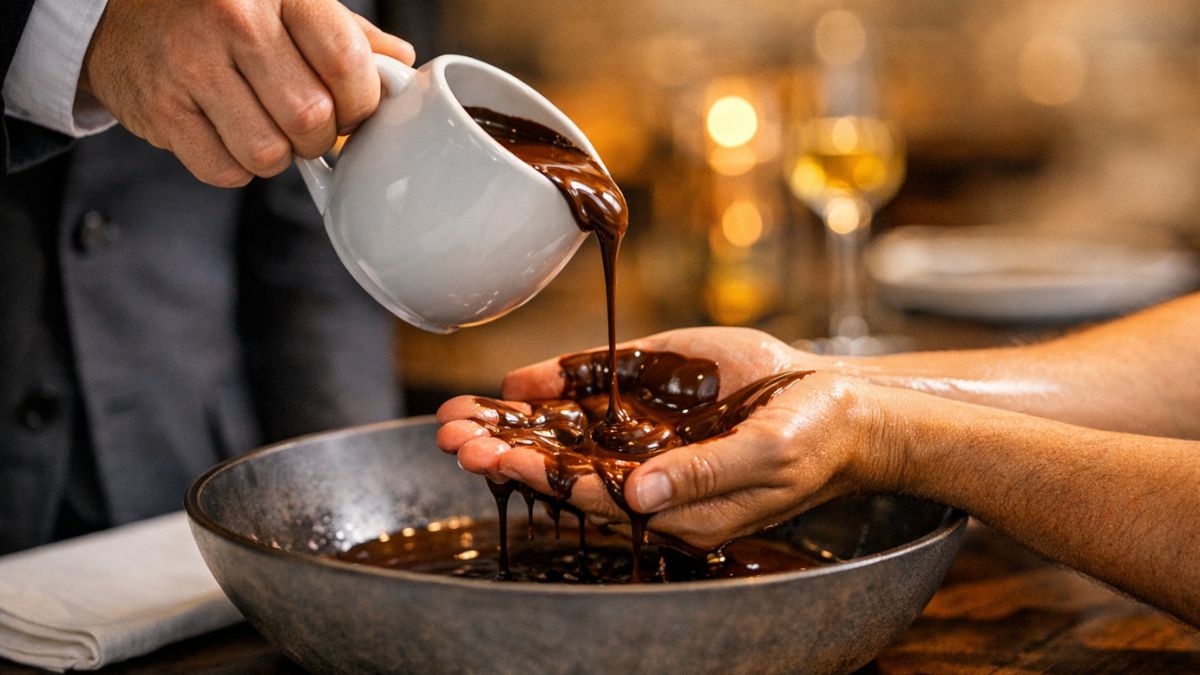Onions, the unsung heroes of our kitchen, lend their distinctive flavour to countless dishes. They are a staple in every household so we often end up buying them in bulk. And this leads to many of us finding ourselves grappling with the perennial question: Where do we store so many onions without compromising their freshness? The refrigerator might seem like a logical choice but hold on. It's not! In fact, storage in the refrigerator will spoil the onions quickly. Let's explore why onions should never be stored in the chilly confines of the fridge.
Also Read: Kitchen Tips: How to Store Wheat Flour For Long: 5 Easy Tips To Follow
Should Onions be Stored in the Refrigerator?
The Spoiler Alert:
You open the fridge, intending to grab a fresh onion, only to find dark spots, mushy areas, and the unmistakable sign of mould. Spoiled onions not only ruin your recipe but can also lead to unpleasant symptoms like heartburn, bloating, and gastrointestinal discomfort if consumed. Sprouting onions are another red flag, indicating the onset of spoilage.
Many people make the mistake of storing onions in the refrigerator. Ayurveda & Gut Health Coach Dimple Jangda brought this matter to light in a post on her Instagram handle. She shared some compelling reasons not to store onions in the refrigerator.
Also Read: Kitchen Tips: 5 Easy Ways To Keep Coriander Fresh For Longer
Why Onions Should Not Be Stored In The Refrigerator:
1. Because It's Cold and Humid:
Refrigerators maintain a cold and humid environment suitable for juicy vegetables and leafy greens. However, onions, with their dry and crisp texture, don't fare well in such conditions. The cold and humidity prompt starch conversion into sugar and onions readily absorb moisture.
2. Rooted in Darkness:
Onions, being root vegetables, grow in a dark environment. Their dry, crisp texture distinguishes them from juicier crops like tomatoes or cucumbers. Proper storage of vegetables involves keeping them in a dark, cool, dry, and well-ventilated place. Consider using a perforated basket, mesh bag, or bowl, or even the basement during winter.
3. Exception for Scallions or Green Onions:
While the no-fridge rule stands for onions, it doesn't apply to scallions or green onions. Their higher water content necessitates refrigeration.
What Is The Best Way To Store Onions?
1. The ideal temperature:
According to the USDA, the right temperature for onion storage is between 45 to 50 degrees F, just above refrigeration levels. An essential tip is to avoid storing onions in a plastic bag, as they need air circulation. Additionally, keeping onions away from potatoes is crucial, as potatoes can release moisture, accelerating onion decomposition.
2. Avoid sprouting
The National Library of Medicine suggests that storing onions between 40-50 degrees F (4-10 degrees C) is ideal, maintaining their characteristic properties. Sprouting, a clear sign of spoilage, is more likely to occur at temperatures between 10 degrees C and 25 degrees C.
3. Best way to keep onions:
The National Onion Association provides straightforward advice for bulb onions: store them in a cool, dry, well-ventilated area, maintaining a temperature of 45-55 degrees F. Avoid wrapping them in plastic, as proper air circulation is vital. Healthy onions should feel firm and dry, free of mould, and without visible sprouting. Some loose skins are normal.
By opting for the right storage conditions, you can ensure a fresh supply of onions for up to 30 days.











